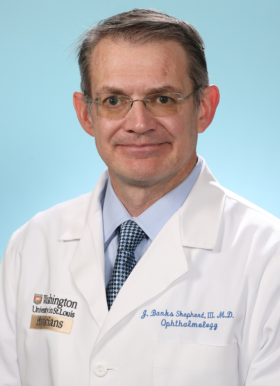Adult Strabismus Specialists
Our team of skilled ophthalmologists, optometrists, and orthoptists specializes in a range of treatments designed to address adult strabismus. From surgical interventions to non-invasive therapies, we’ll work closely with you to explore the most appropriate options for improving eye alignment and enhancing your quality of life.
For appointments call:

Understanding Adult Strabismus
Adult strabismus occurs when the eyes are misaligned, pointing in different directions. This misalignment can vary, with one eye looking straight ahead while the other turns inward, outward, upward, or downward. It can result from various factors such as health conditions, accidents, or previous eye surgeries. While some adults have had strabismus since childhood, it can also develop later in life as a result of factors such as various health conditions, accidents, or previous eye surgeries.
Impact on Vision
Proper eye alignment is crucial for clear vision and depth perception. When both eyes are focused on the same spot, the brain combines the images to create a three-dimensional picture. However, with strabismus, the brain receives conflicting images, leading to symptoms like double vision, blurry vision, or a loss of depth perception.
Symptoms of Adult Strabismus
- Misaligned eyes
- Weakness or pulling sensation around the eyes
- Double vision
- Tilting or turning the head to see clearly
These symptoms may be constant or intermittent.
Treatment Options
- Surgery: This is the most common treatment, aimed at improving eye alignment and restoring proper vision. Our skilled ophthalmologists can adjust the eye muscles to achieve alignment, often as outpatient surgery.
- Prism Eyeglasses: For small misalignments, prisms can be incorporated into eyeglasses to bend light rays, helping individuals with mild double vision see a single image.
- Eye Muscle Exercises: These exercises target specific eye muscles to improve alignment, particularly beneficial for conditions like convergence insufficiency, which affects near tasks.
Adult Strabismus Surgeons

Andrew R Lee, MD
Assistant Professor, Ophthalmology and Visual Sciences; Chief, Pediatric Ophthalmology; Director, Medical Student Education for Ophthalmology
- Email: arlee@wustl.edu

Lawrence Tychsen, MD
John F. Hardesty, MD, Distinguished Professor of Ophthalmology and Visual Sciences; Professor, Neurobiology; Professor, Ophthalmology in Pediatrics, Dept of Pediatrics
